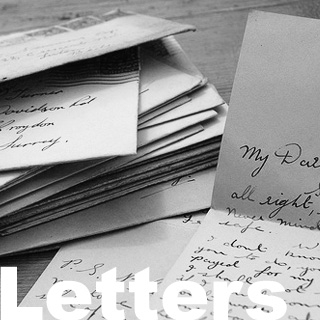LETTER: Some perspective on energy dieting
Dear Editor,
Ken Holmes’ recent critique of the new Kootenay Energy Diet initiative was puzzling to me, not so much the pedantic detail offered to support his criticism, but rather the difficulty I have in understanding the ultimate purpose of his missive. The ultimate purpose of the Energy Diet is clear enough: to conserve energy. That’s good isn’t it?
Whether Rossland is amongst the fattest in the nation or just plain plump is not really the issue. If we all used just a little bit less energy that would add up to a lot. We all know that but most of us need a carrot or two to guide us down the path of righteousness. The Kootenay Energy Diet is a practical example, demonstrating that the demands ordinary consumers place on our energy resources can be reduced.
‘Demand-side management’ is becoming something of a mantra these days; the regulators are insisting on it and the energy utilities are embracing it, hence the grants and subsidies – the carrots – that are now encouraging the exploitation of this relatively low cost energy resource: conservation.”
It’s been a long time coming: 40 years since another ‘crowd’ jousted with BC Hydro, first at the Seven Mile water licence hearings, then Revelstoke, then Site C, seeking to convince BC Hydro and the BC Water Comptroller that energy conservation was a viable alternative to dams, dams, and more dams – BC Hydro’s only answer to their 12% annual energy growth projection at that time.
Two of those projects were built, but still a lot of water has flowed down the rivers since then. The conservation option has become respectable; BC Hydro, Fortis and other utilities are now walking the talk. The BC Utilities Commission requires rate structures that penalize excessive use instead of rewarding it. This is all good to see for someone who was involved all those many years ago.
And the Energy Diet is good to see too, because it brings conservation home to where we can all make a difference.
Graham Kenyon
Rossland





















